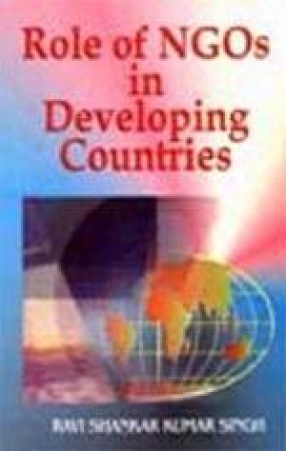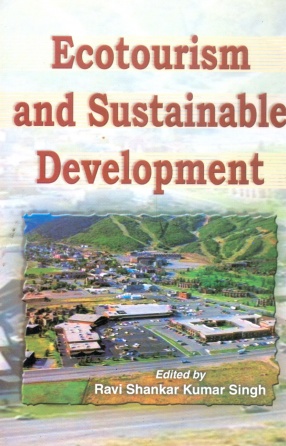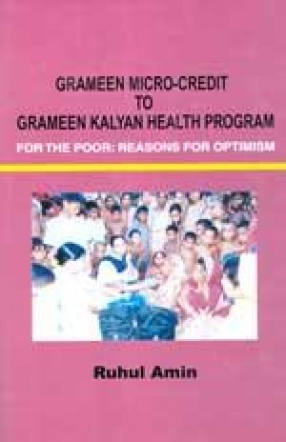Socio-economic development is a process of mutual endeavor which calls for the participation of all segments of the society. But due to the limited capability of the national government is most of the third world countries, it has become increasingly difficult to respond effectively to the growing and diversified needs of the vast majority of population at the grassroots. This has necessitated the emergence of institutions which may function as a catalyst between the government and the community, but still may remain, independent from direct government intervention. These institutions in the present day world is being universally termed the non-governmental organizations or the NGOs. The explosive emergence of NGOs as a cohesive alternative force in addressing the needs of the great mass of population in promoting a more responsive and sustained approach to development activities, especially at local level is being increasingly realized both by the national government and the international donors as Well. Development experience in the third world countries have repeatedly shown the limitations of central government efforts to promote effective rural development at local level. This trend is becoming clear with the world-wide fiscal crisis, the need for increased human resource development within government agencies, and the need to improve the economic likelihood, health, nutritional status and overall well-being of the rural poor. Thus, the rise of the NGOs, both indigenous and foreign, as a strong institutional alternative reflects the growing recognition that the central government and the private sector lack sufficient capacity to respond to the challenge of poverty alleviation. NGOs are thus the product of the perceived and demonstrated inadequacies of the state-tied traditional model of development partnership. The need for NGOs and the potential they have in mitigating the problem arising from this inadequacy is evident yet, the NGOs have emerged as a better alternative in tackling some of the basis issues facing human kind today. It is hoped that this book will prove useful to various NGOs, their organizers, government agencies, scholars and policy-makers, and administrator as well.
Role of NGOs in Developing Countries: Potentials, Constraints and Policies
The study of social sector ...
$28.50
$30.00








There are no reviews yet.